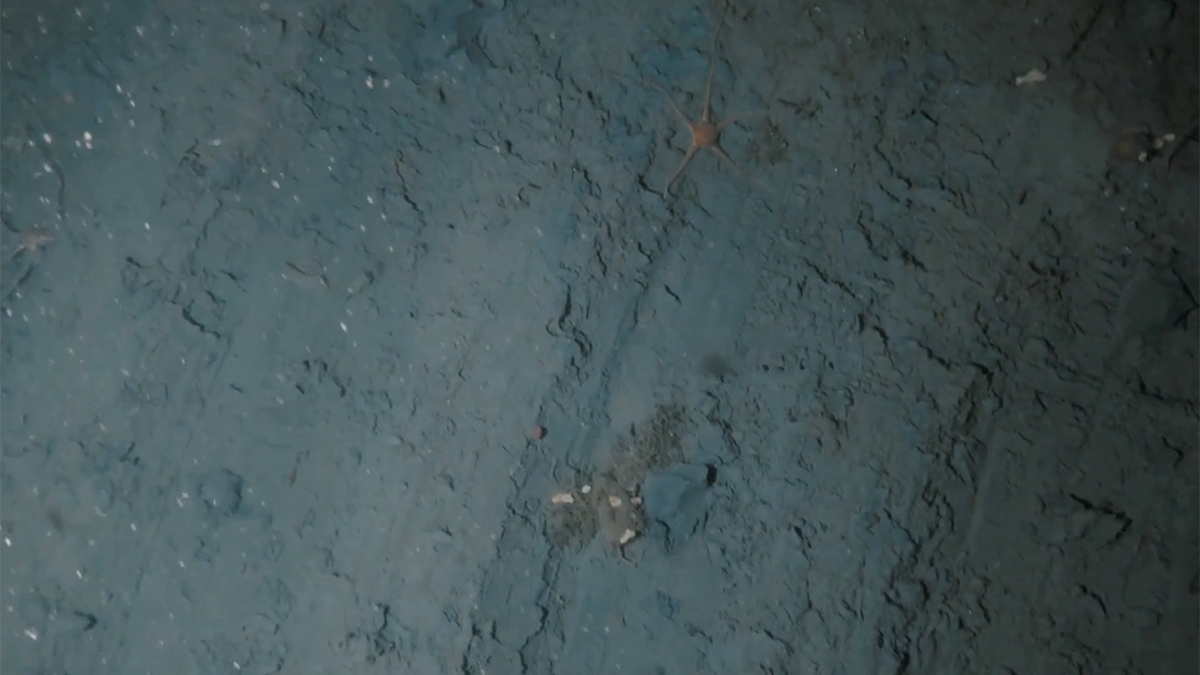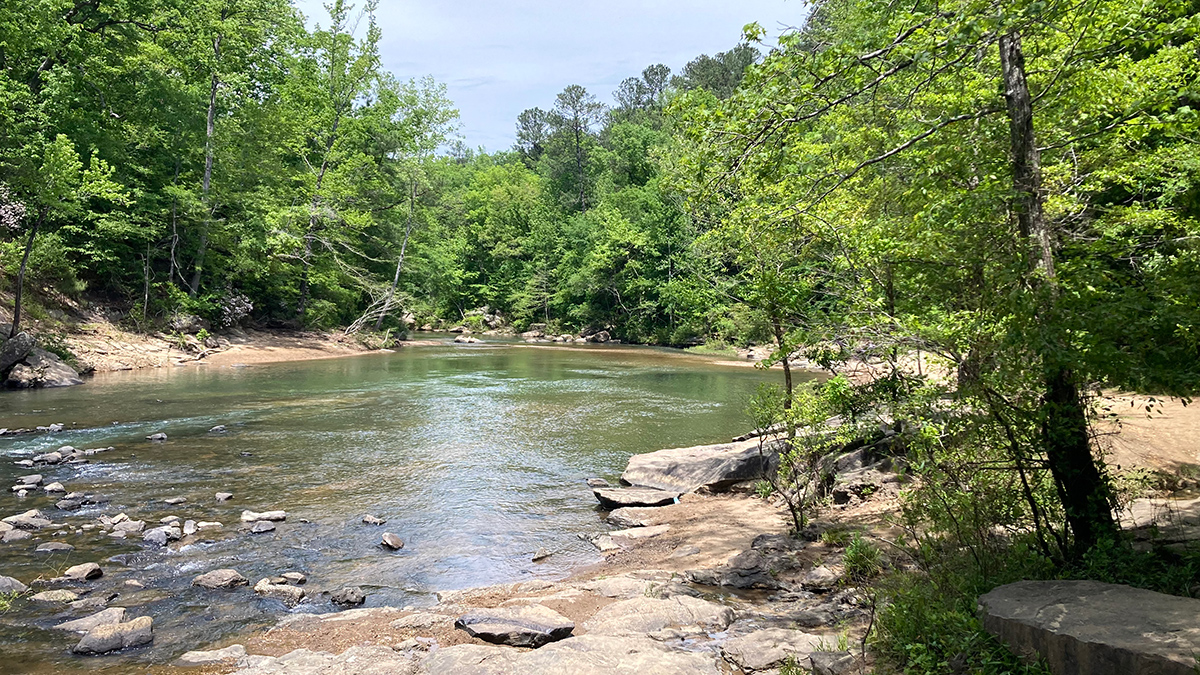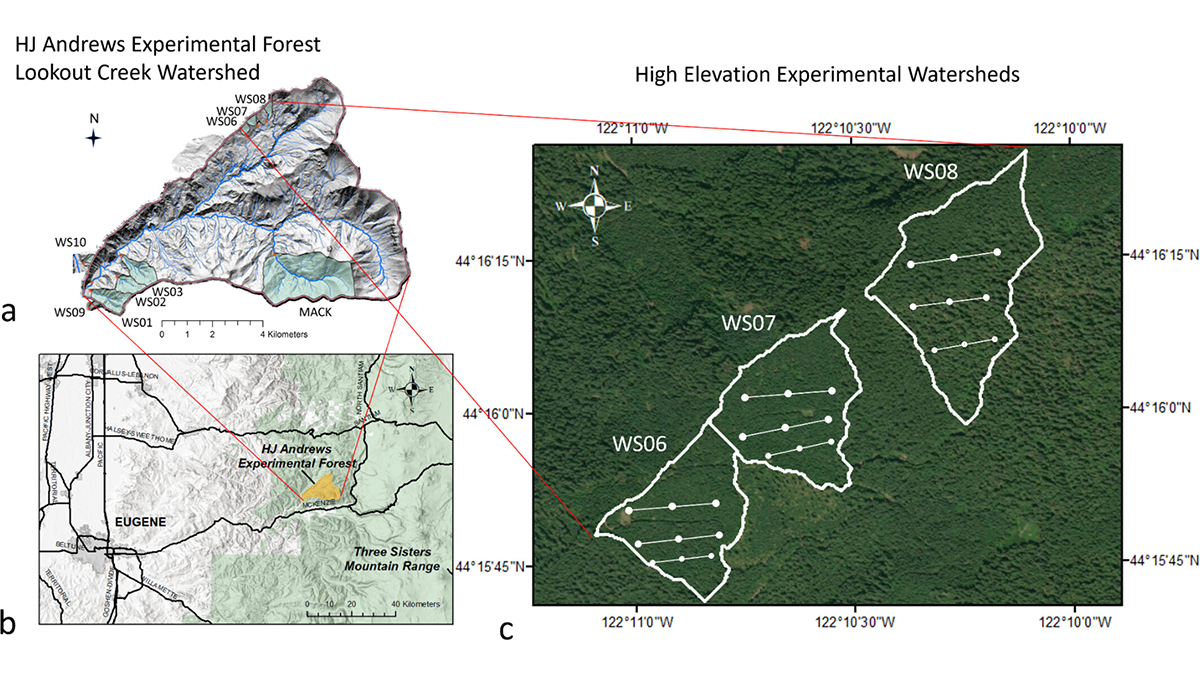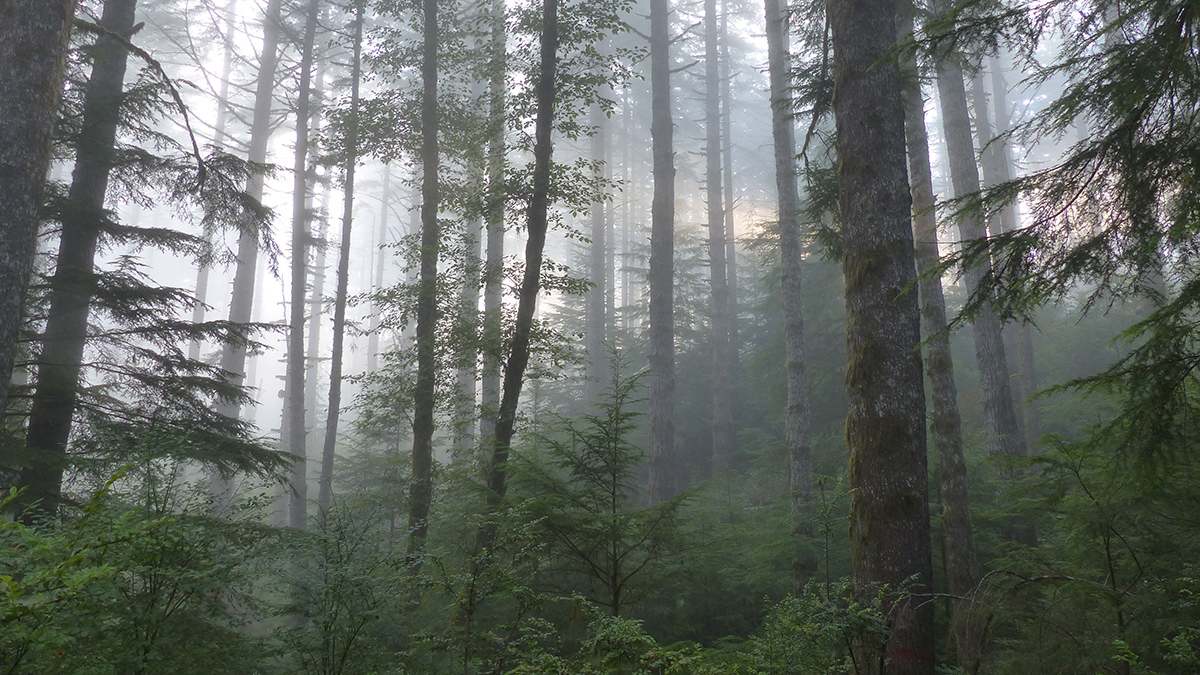Scientists call for better protection of Antarctica’s vulnerable seafloor ecosystem as ship traffic increases around the continent.
conservation
Road Development May Put Habitats at Risk
New research links road construction with increased urbanization and more fragmented species ranges.
Our Favorite Science Stories of 2024
What Earth and space science stories stood out this year?
Mobile Bay Has More Branching Brooks Than Shown on Federal Maps
A more accurate charting of the full extent of stream networks will help land managers better protect U.S. creeks and rivers.
Smithsonian Exhibit Connects Sky-High Views with Down-Home Impacts
“Preserve and cherish the pale blue dot, the only home we’ve ever known.”
Understanding Carbon-Water Tradeoffs in Pacific Northwest Forests
A new study documents how spruce forests differing in management and age structure influence individual tree growth, carbon stocks, and landscape-water balance in the Pacific Northwest.
The Crocodile Dundee Site Helping Rewrite the History of Australian Bushfires
A lake made famous by Hollywood has yielded powerful new evidence that humans have conducted controlled burns on the Red Continent for tens of thousands of years.
What Biden’s State of the Union Means for Science
The president briefly mentioned efforts to combat climate change and investments in science as he kicked off his run for a second term.
Sea Otters’ Appetite for Crab Is Helping Strengthen Estuary Banks
Apex predators can have a powerful impact on coastal erosion rates by keeping grazer populations down, but their influence has been largely overlooked.
The Best Way to Kill Trees to Create Habitat
Standing dead trees—or snags—shelter animals, store carbon, and cycle nutrients. A long-term monitoring study found that lopping off a tree’s top branches is a good way to turn it into a snag within about 20 years.










